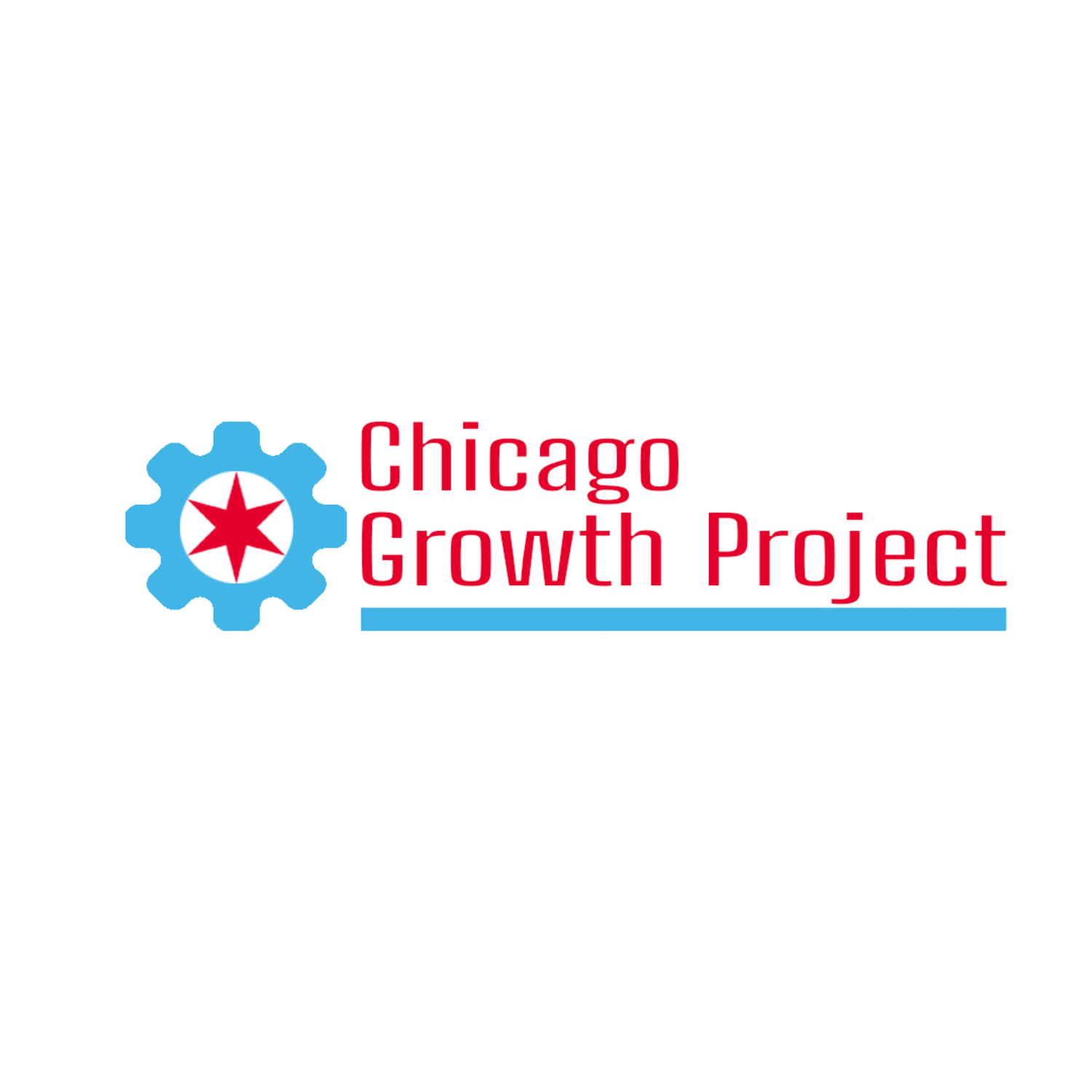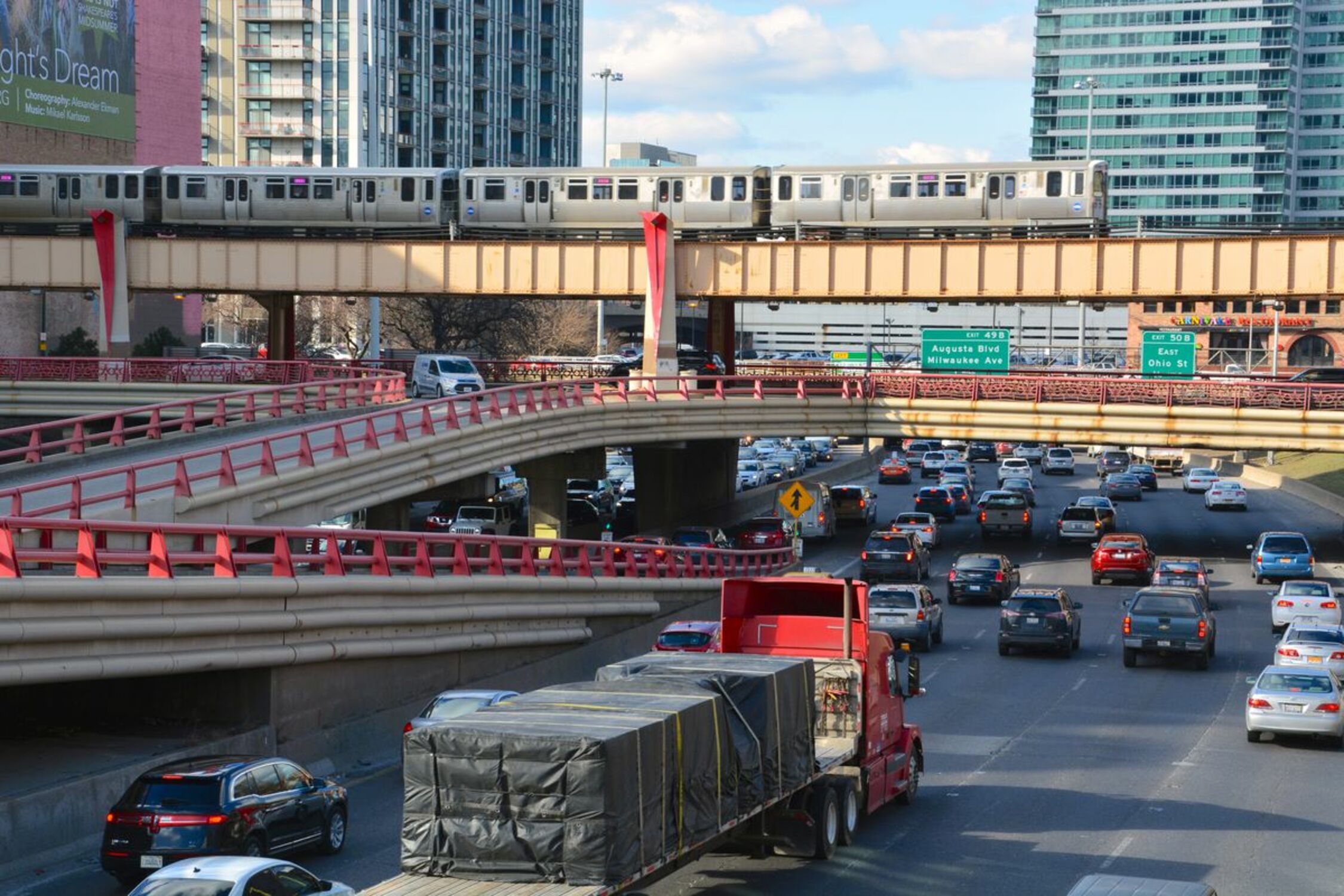
Spending Reform
The Problem
Chicago faces a growing budget deficit as one-time federal COVID-19 relief funds are depleted. The deficit has risen significantly, from $128 million in 2023 to $538 million in 2024, and is projected to hit $982 million in 2025. Key drivers include increased personnel costs from union contracts, rising pension obligations, and reduced revenue from the Personal Property Replacement Tax. Despite these challenges, the 2025 budget relies heavily on one-time fixes, like delaying debt payments and hastily assembled savings, which risk credit downgrades and long-term instability.
With an even larger budget gap projected in 2026, City Council and the Mayor must start working together to find balanced, evidence-based solutions to budget issues and prioritize sustainable revenue that grows with the City. Budget sessions should build confidence in our city, not provide uncertainty to working people and business.
The Solution: Fixing the Foundations
To restore our city's fiscal health, we will:
-
Address Pension Liabilities: Confront pension and legacy liabilities head-on by bringing together unions and budget experts to make binding, forward-thinking reform decisions.
-
Adopt a Dynamic Budget Review Process: Create an ongoing, flexible approach to evaluating and improving spending, focusing on efficiency, eliminating waste and redundancy, and ensuring expenditures are justified. With the goal of consistently improving the allocation of resources year over year, and realign spending priorities to better meet the needs of working people.
-
Prioritize the South and West Side: Get as much money flowing into our city's South and West sides through expanded initatives like Invest South/West, Red Line Extension, and equitable transit-oriented development.
-
Establish a Chicago Earned Income Tax Credit: Modeled after the successful city-level EITC in New York City, provide direct financial relief to low and moderate income workers to stimulate local economic activity, and promote financial security for all residents.
-
Reform Property Taxes: Transition to a land value tax system that consolidates multiple fees and taxes to create a more progressive, growth-oriented tax code that promotes development while providing relief to working people.
-
Implement Congestion Pricing: Introduce congestion pricing in the central business district to ease traffic, improve air quality, support pedestrianization, and prioritize sustainable transportation.
-
Long-Term Fiscal Planning: Move to a biennial budget process to ensure long-term planning and fiscal stability.
-
Independent Oversight: Establish an independent budget office for nonpartisan fiscal oversight to guarantee accountability.
-
Consolidate Procurement: Streamline city procurement processes to save taxpayer dollars and improve contract award fairness.
Sources
Tax Credits for Workers and Families (TCWF). New York City. Earned Income Tax Credit
Center for Tax and Budget Accountability (2024). Understanding and Addressing Chicago's Pension Funding Crisis.
Clanton, Harrison (2023). Bipartisan Policy Center. Detroit, MI: A Case Study on Taxing Land Instead of Property
Cvetnic, Nicole (2024). The Chicago Council on Global Affairs. Cities around the world charge to drive in certain downtown areas. Could Chicago follow?

